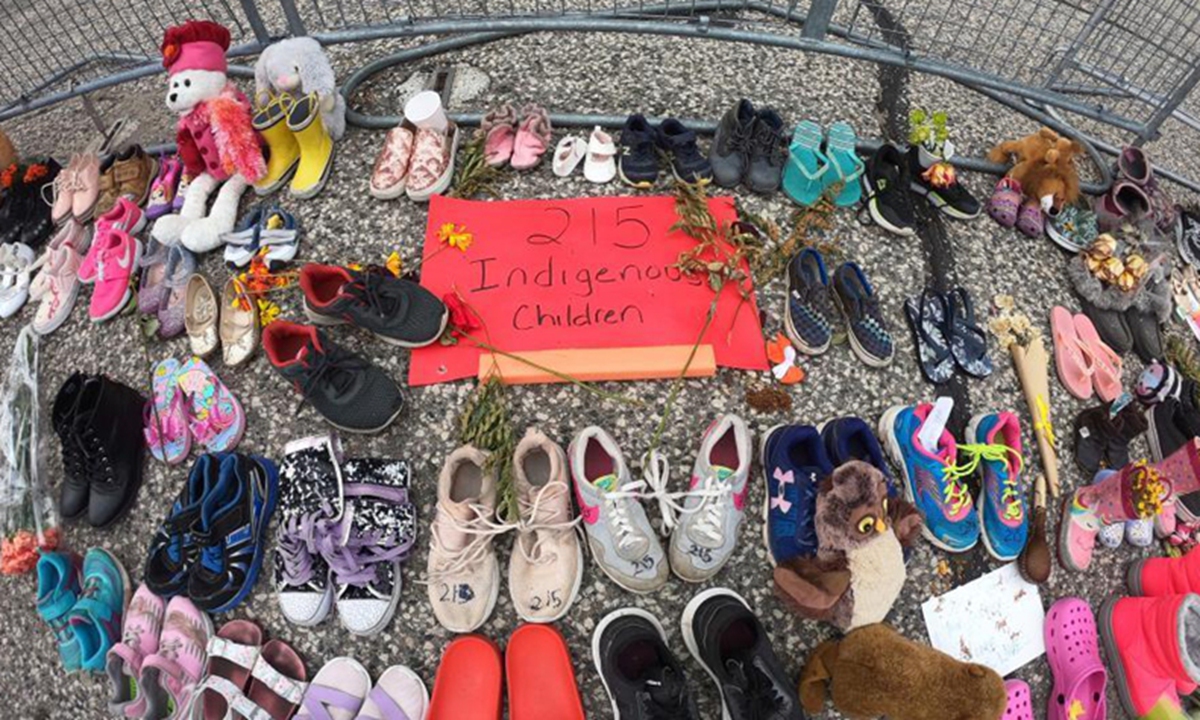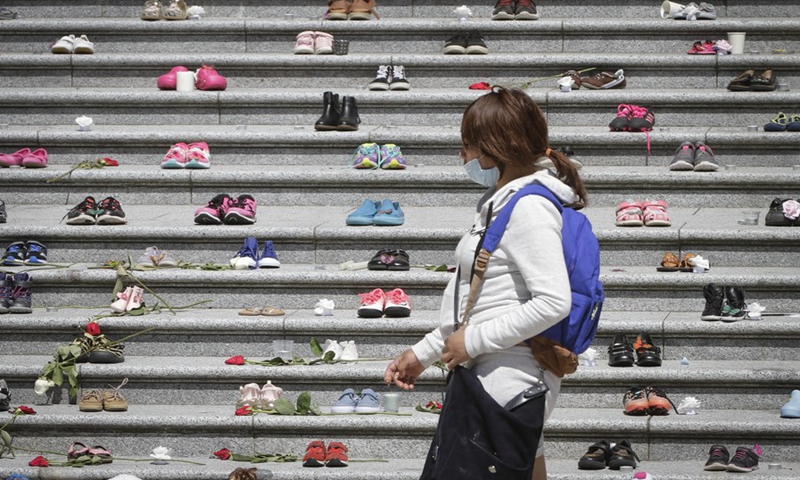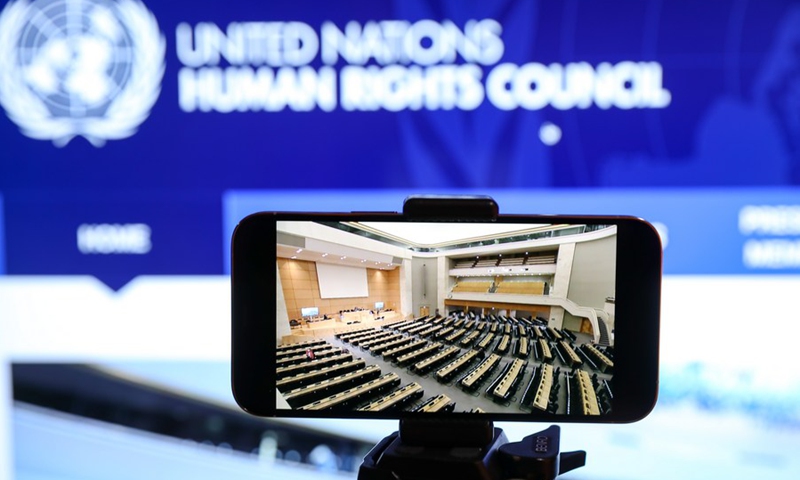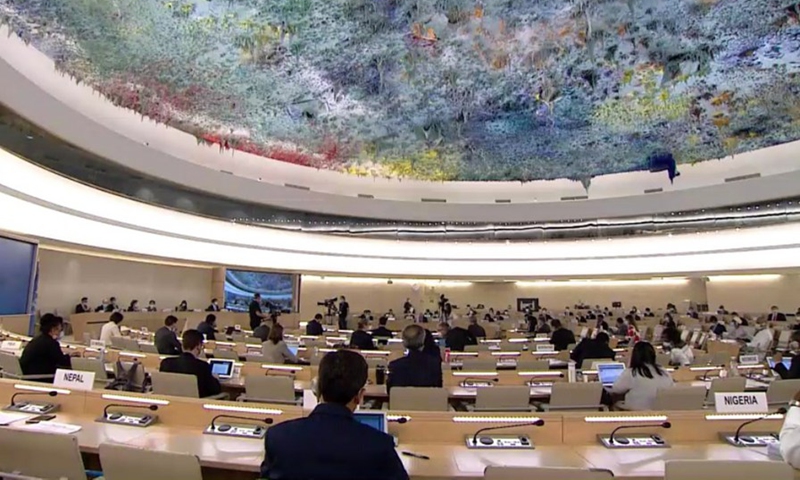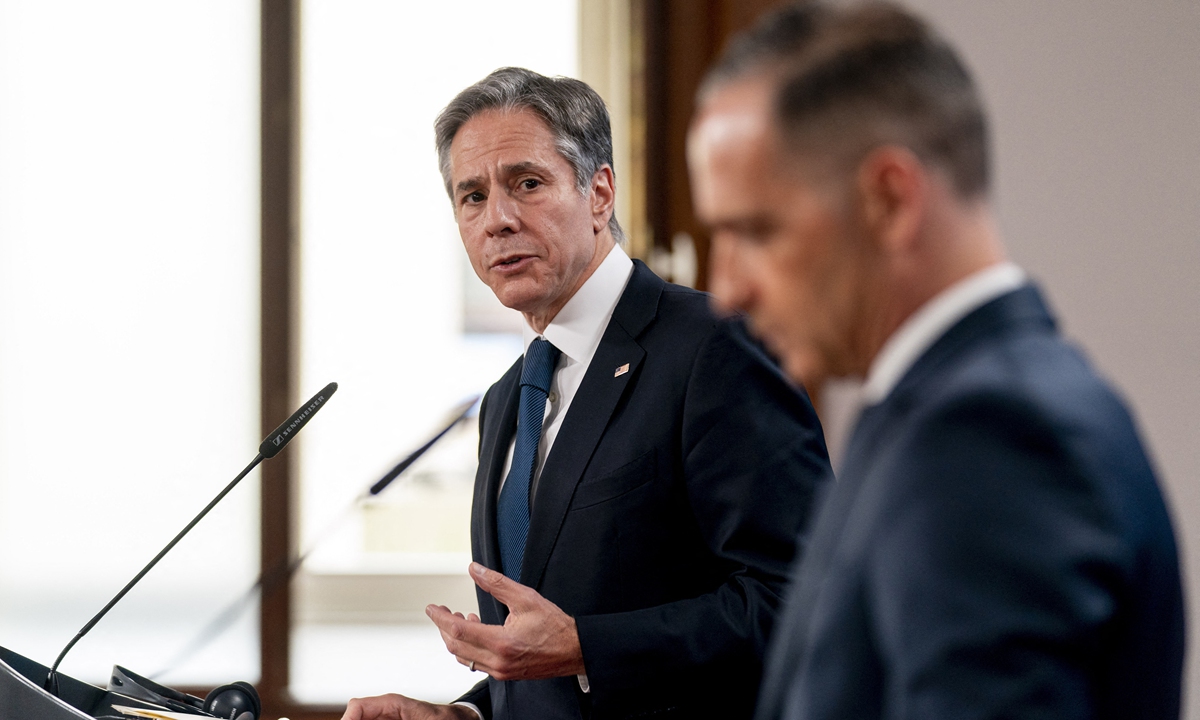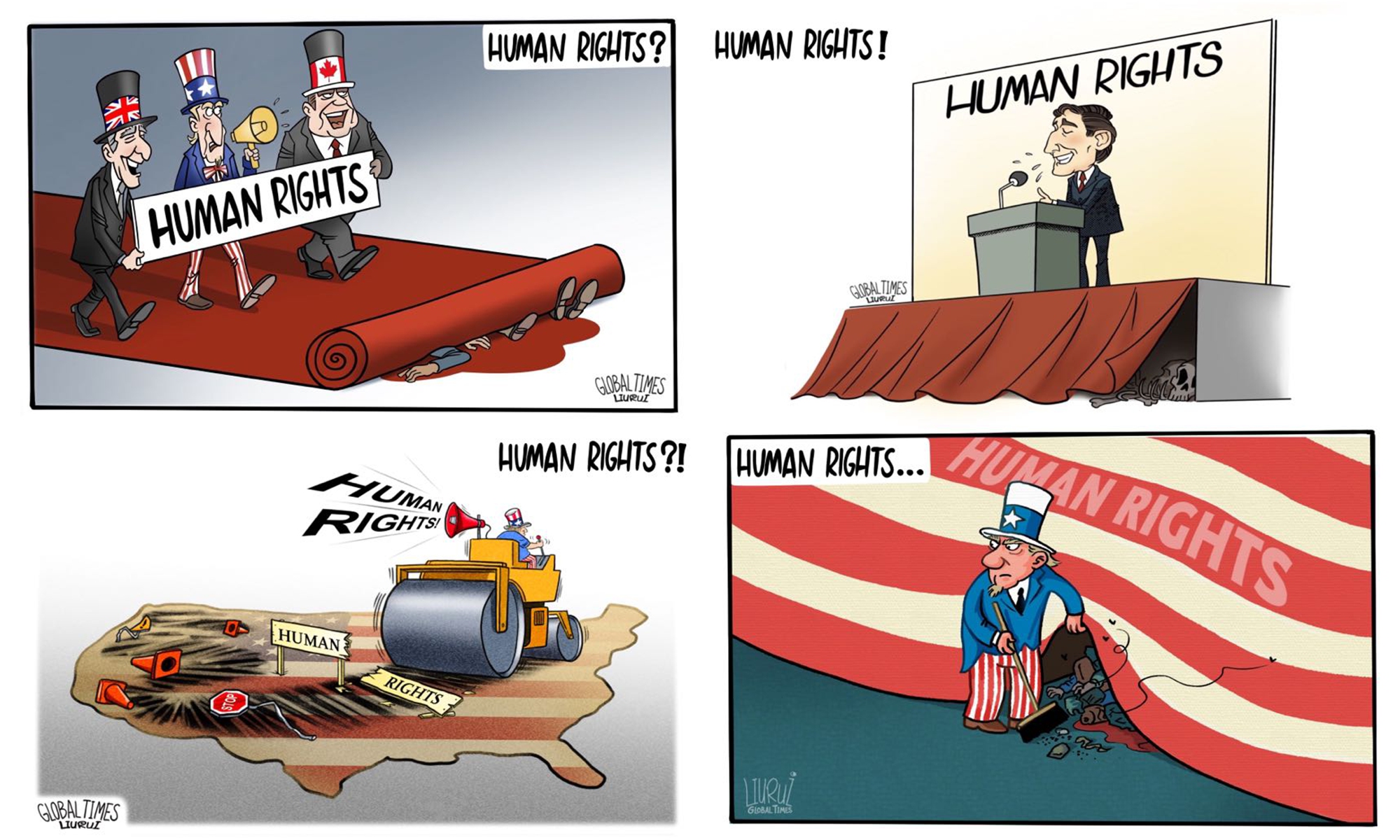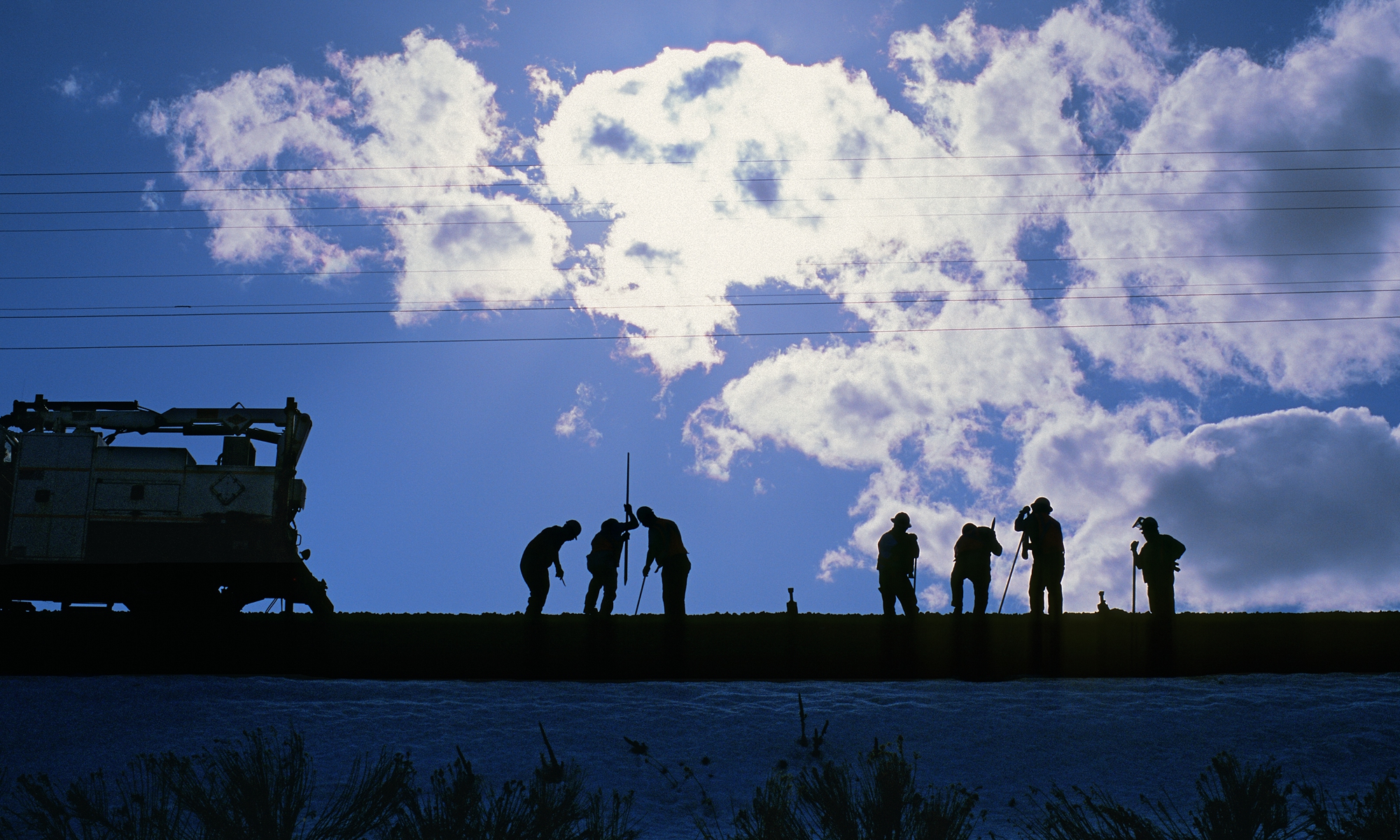https://youtu.be/j7Ubz8CYXhE
Ambassador Chen Xu, permanent representative of China to the United Nations office in Geneva and other international organizations in Switzerland, speaks during the 43rd session of the UN Human Rights Council. Photo: Liu Xin/GT
Human rights are currently the most prominent "battleground" between China and the US. The latter has rallied its allies and made the Xinjiang issue the main focus of its attacks. At the recent United Nations (UN) Human Rights Council meeting, Canada, on behalf of 41 countries, slammed China on the human rights situation in Xinjiang, while Belarus, on behalf of 65 countries, supported China. In total, more than 90 countries have expressed support to China in various ways. This is the latest microcosm of this increasingly heated struggle.
We believe that the US and its main allies have no chance of winning this "human rights war" against China. At this Human Rights Council meeting, despite the high profile of the US and its allies, the countries supporting China greatly outnumber those that followed the steps of the coalition led by Washington. The pattern of the long-term struggle will not change. Moreover, since the attacks from the US and its alliance aim at China, a wrong target, they will not only find they are fighting a unwinnable war, t will also particularly demonstrate their isolation because they do not have justice on their side. Thus, it further breaks their human rights card and makes it even more ineffective.
The fundamental reason is because their definition of human rights is narrow and West-centered, and they have tried outrageously to make their definition universal, which is in stark contrast to the reality of developing countries. This poses a realistic threat and challenge to those countries' order and development pace. Such being the case, it has sparked dissatisfaction and been inevitably resisted by people around the world.
The meaning of human rights is abundant. Different people have varied human rights concerns. The "human rights card" played by the West against developing countries has limited focus on "exaggerated personal political rights". In the process, the West acknowledges only their own social order as legitimate and reasonable, and refuses to recognize that the social order in developing countries is the basis for realizing development and progress
What is the largest gap between developing countries and Western ones? From the standpoint of developing countries, the biggest gap lies in economic development and living standards. So most developing countries emphasize constant improvement of people's livelihood. But as for Western countries like the US, they use their own governance model to judge personal political rights in developing countries, trying to distract those countries and disrupt their agenda.
Worse, the West has become extreme in this regard. As a result, US-led countries have even demanded individuals' sabotaging moves as actions to practice political freedom in developing countries. The double standards that the international community detests have been formed.
The world has been sick of such a human rights card. Therefore, China's move to hit back such a card of the US and the West has been welcomed across the world. In the past decades, China has made remarkable achievements in development, while simultaneously making widely known improvements in human rights. During this period, the Chinese model has become more attractive, and China has become more convincing in its human rights narratives. The era when the West dominated human rights affairs has gone. Now, China and other developing countries are more confidently practicing their own human rights construction.
By taking the lead to aggressively hype anti-China topics recently, especially by releasing a joint statement on China's Xinjiang Uygur Autonomous Region, Canada will benefit nothing but only further damage ties with China while exposing its own hypocrisy and double ...
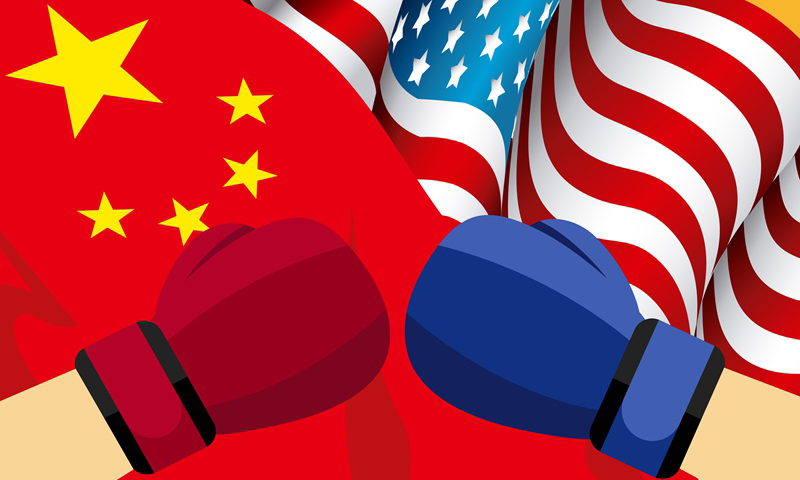 |
The current China-US relations test is not only about our strategic focus, but also our strategic wisdom.
Forced and child labor, human trafficking – what else is the US brandishing against others that reflect its own ills? The US-led Western countries' hyping of Xinjiang-related topics at the 47th session of the United Nations Human Rights Council, which was held in Geneva on Monday, was no surprise to the international community, which has long since been bored with their groundless "genocide" or "forced labor" clichés defaming China and
Related posts:
China exposes the truth about Xinjiang, but the West ignores. Why? US hypocrisy on human rights & Trade War
Splashing $10m a year to split and subvert China, US govt-backed foundation unabashedly reveals funding scheme
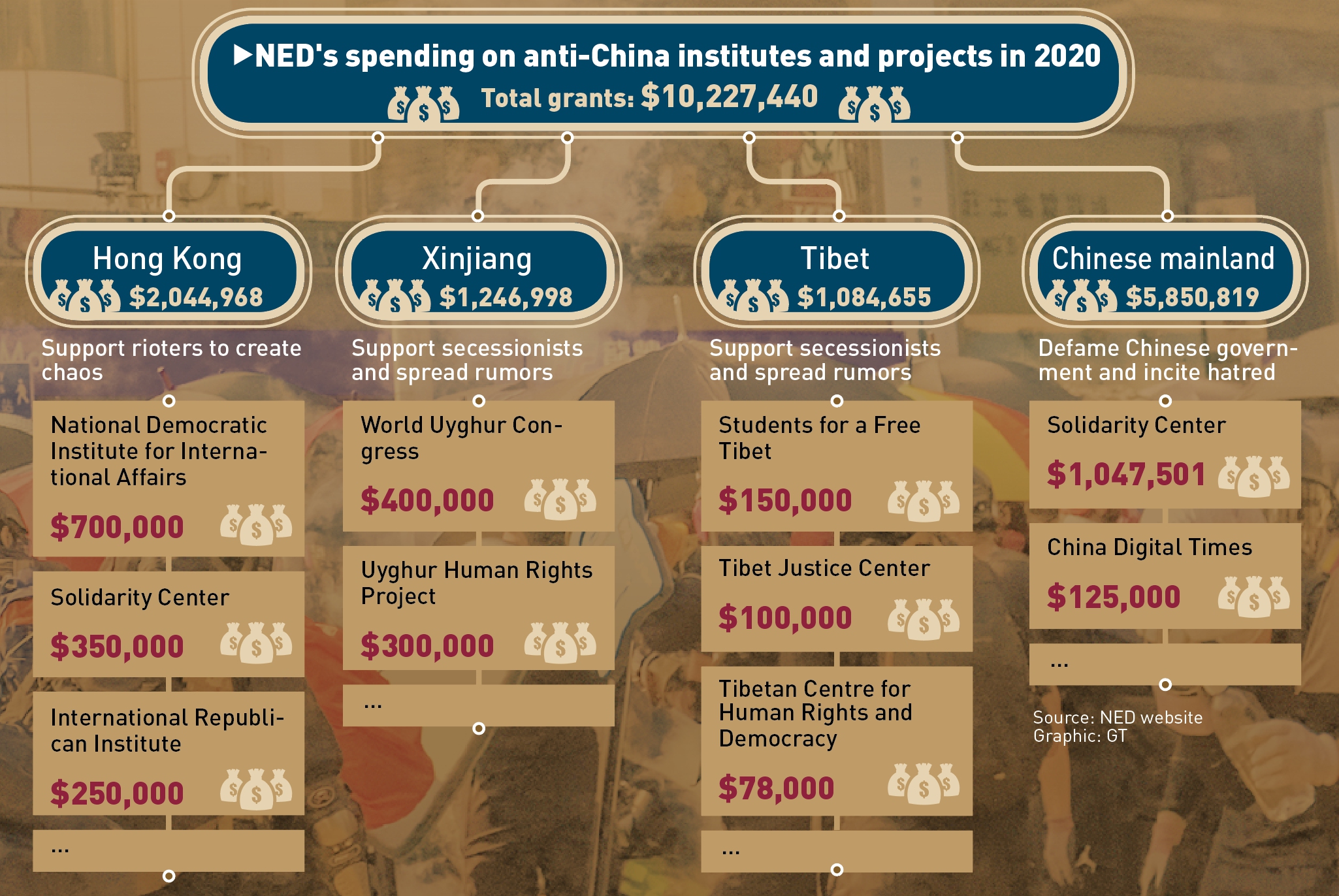
Inside America's Meddling Machine destabilizing the world order
NED, the US-Funded Org Interfering in Elections Across the Globe
China showed truth about Xinjiang, but Western media chose to be blind as US practises ‘double standards’
Truths about Xinjiang the Western media won't tell
Chinese embassy invites Malaysians to visit Xinjiang to counter 'fake news' on Uighur treatmentHuman Rights Watch (HRW) criticism and report of China are a lie, reflect Western elites’ hypocrisy, anti China-rise !
'We lied, we cheated, we stole', ‘the Glory of American experiment’ by US Secretary of State/Ex-CIA director Mike Pompeo
The Black Hand - ETIM and Terrorism in Xinjiang, American human rights, freedom and democracy condemned
US Uyghur law 'sabotages stability in Xinjiang' while China Fighting the Terrorism, justify Xinjiang policies!
Winners, losers in Xinjiang cotton row
Not many will gain in the current furore over Xinjiang cotton, but the West may end up losing more.

Row over cotton and human rights
China's tough stance in Alaska turns heads
Human right violators: USA,Canada, Autralia, UK, EU - Racism against Asians: Forever foreigner, alien or pendatang


